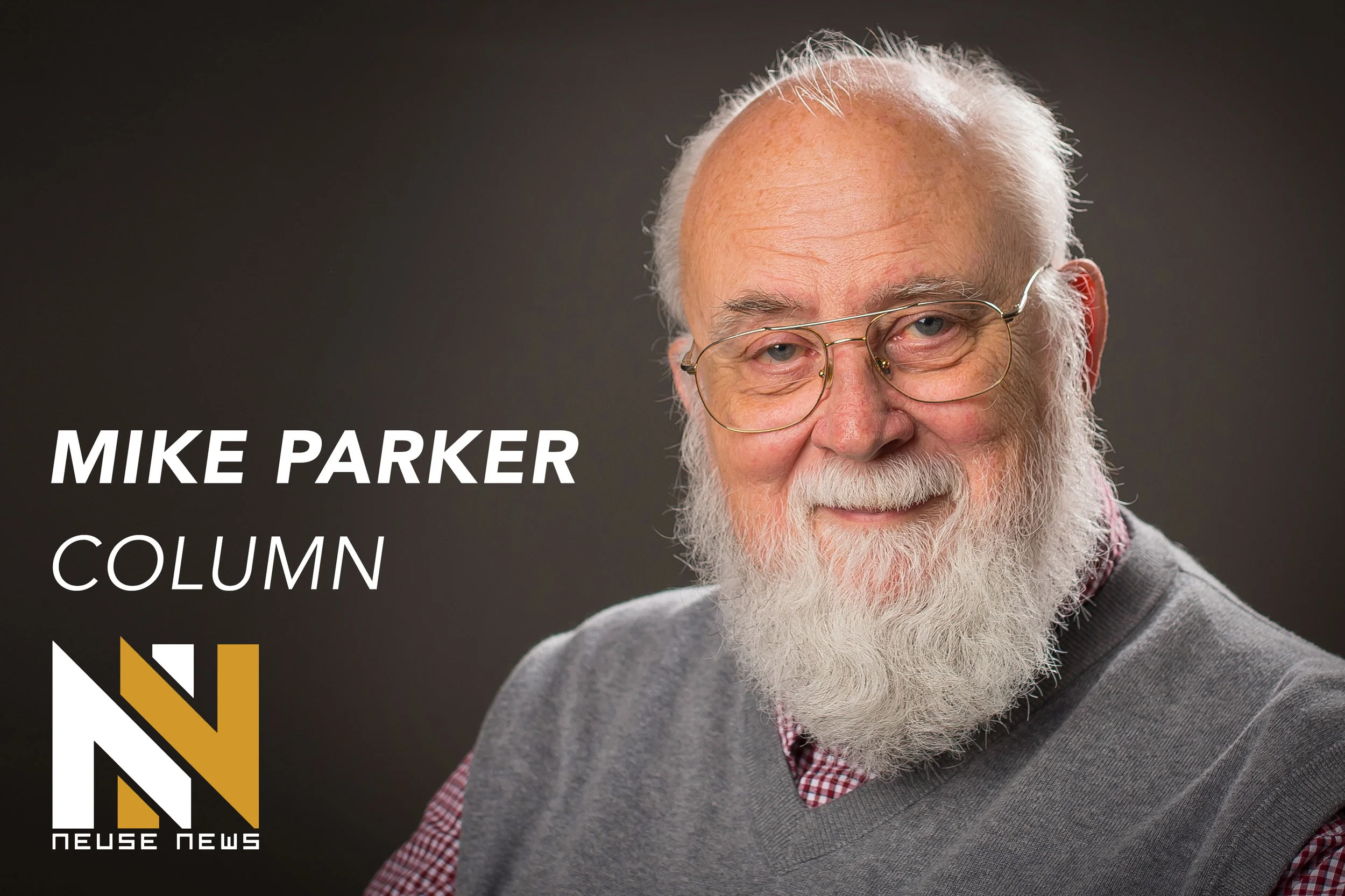Mike Parker: The undermining power of the lost vision of truth
When I was a graduate student at East Carolina, during one class my professor made this statement:
“There are no absolutes.”
I raised my hand.
“Yes, Mr. Parker.”
“Sir, is THAT an absolute?” I respectfully asked.
He was stunned. He had repeated that illogical and self-defeating statement so many times that he did not even realize how foolish his assertion was. He was denying absolutes by offering his own absolute.
We live in a society that has lost any notion of truth. Yet, every statement against the truth presents itself as truth.
“Everything is relative.” Is that statement relative?
“We cannot know the truth.” Then how do you know that statement is true?
I could go on, but I am sure you can see the contradictory nature of these statements. “There are no absolutes,” “Everything is relative,” and “We cannot know the truth” are all presented as truth statements – but not a single one of these statements is true. Each one stands on the shifting sands of illogic and foolishness.
When we deal with doctors, lawyers, engineers, sales people, our spouses, our children – almost anyone, we expect them to tell us the truth. Do you want your doctor to lie to you? How about your son or daughter or spouse?
Not one of us likes to be played for a fool. If you think deception does not matter, think of how angry you become when you discover someone has lied to you.
Yet, when we deal with what we could term “moral truth,” somehow all our expectations for honesty get set aside. Substitute “moral” into the statements I started with and you will see that mantras of the current relativistic moral order.
“There are no moral absolutes.”
“All morals are relative.”
“We cannot know moral truth.”
However, none of us lives as if these statements are true. When someone violates what we perceive as “moral” or “right” or “fair,” we respond with anger and indignation. I have never meet anyone whose attitude was “that was a good joke on me” when they were cheated or told a lie.
The end result of this wholesale denial of moral absolutes and truth is a society in which each individual believes he or she has the right to determine moral truth based on individual opinion. If my “morality” allows me to cheat you, then so be it.
Of course, that false logic only flows outward. I use this moral flux to justify my own actions, no matter how those actions impact you. However, if you are the recipient of actions you perceive as being unfair and unjust, then you will accuse me of doing wrong to you.
One of the biggest false foundations of our relativist society is the redefinition of tolerance. According to the Cambridge Dictionary, the formal definition of “tolerance” is the “willingness to accept behavior and beliefs that are different from your own, although you might not agree or approve of them.”
For instance, I am not Buddhist. Yet, I believe Buddhists have the religious freedom to practice their faith or philosophy, just as I have the religious freedom to practice my faith. I do not believe Buddhist teachings, except where those teachings line up with Biblical faith.
Does that mean I cannot have a civil discussion on religious faith with a Buddhist? Of course not. I will treat a Buddhist – or any person of another faith – as I would like to be treated. After all, one tenet of my faith is “as you would that men do to you, even so do unto them.”
I am willing to ask questions about Buddhism and answer questions about Christianity. I can enter the discussion with a person of another religion knowing full well we do not agree. Does lack of agreement mean we cannot have a fruitful discussion?
Unfortunately, “tolerance” today has developed a more sinister meaning: Not only must I accept behavior and beliefs different from my own, but I must also agree with those behaviors and beliefs, regardless of my beliefs on the issues.
In this new definition of “tolerance,” tolerance flows only one way.
The new definition of so-called “tolerance” is actually a prescription for intolerance.
Mike Parker is a columnist for the Neuse News. You can reach him at mparker16@gmail.com.




